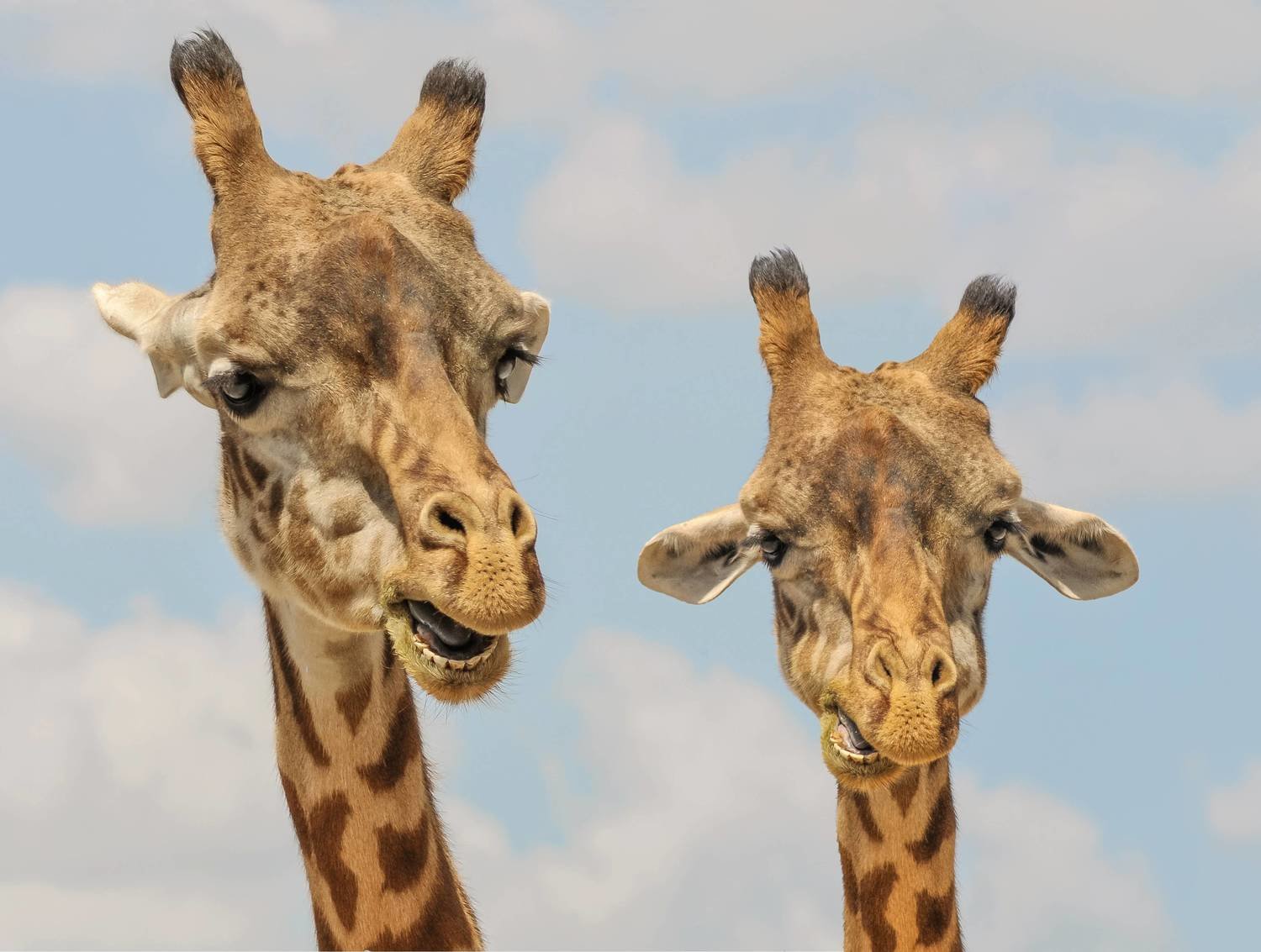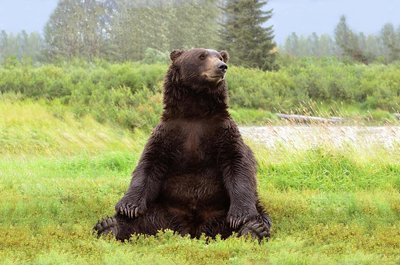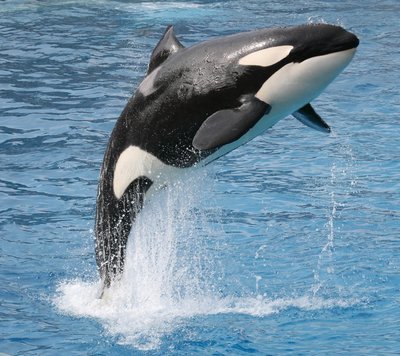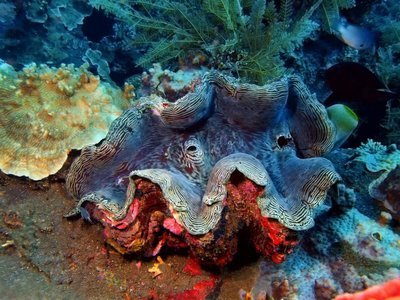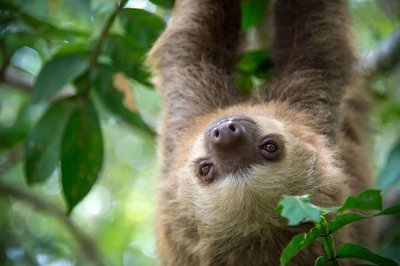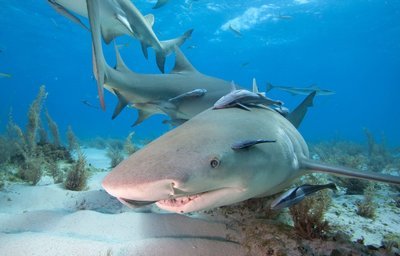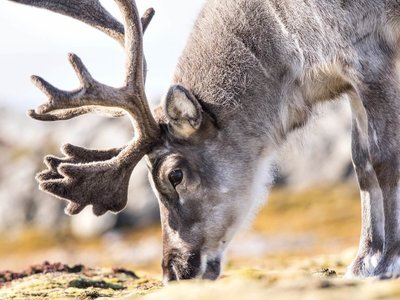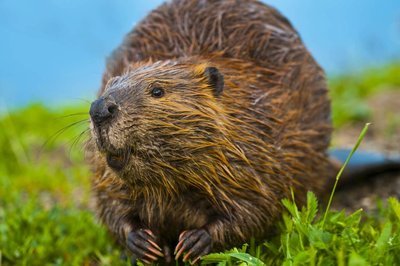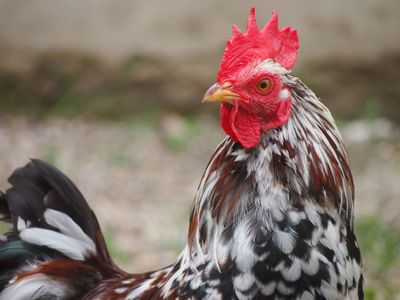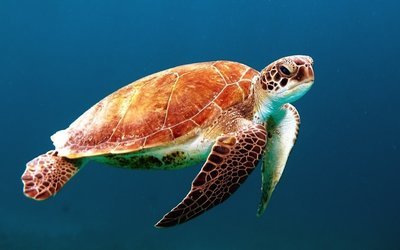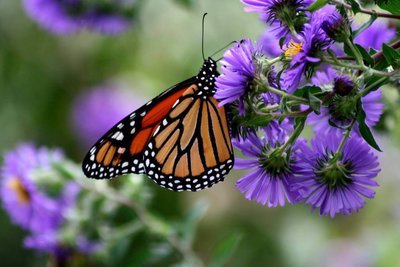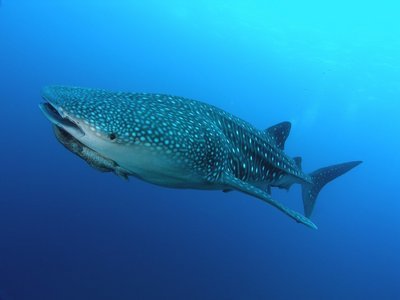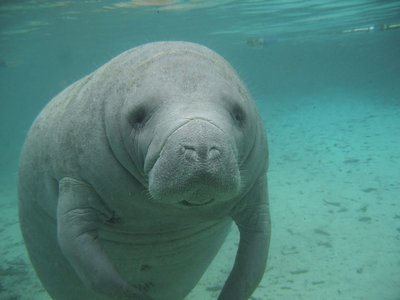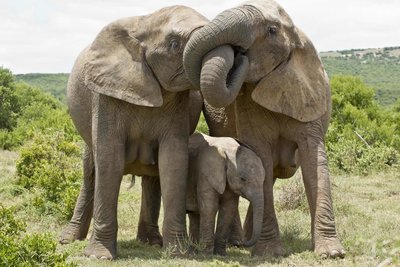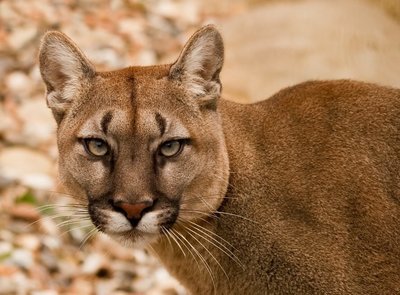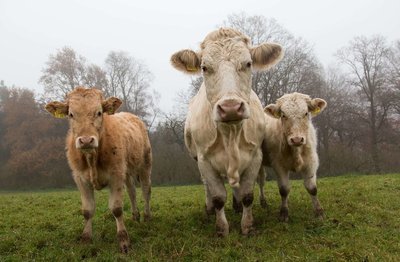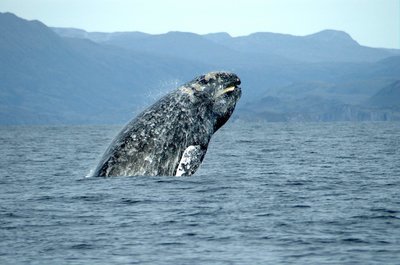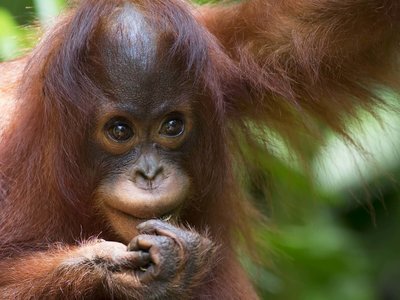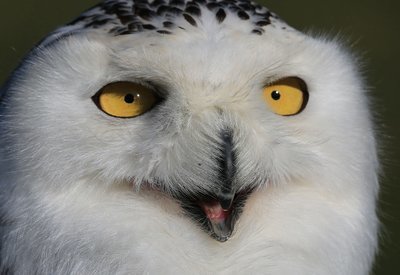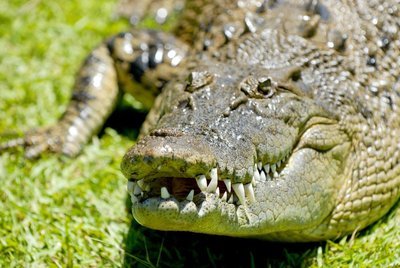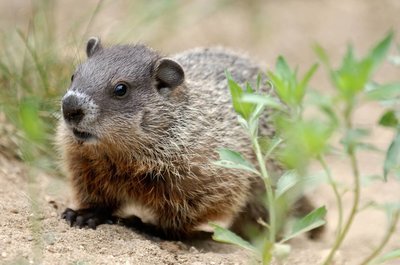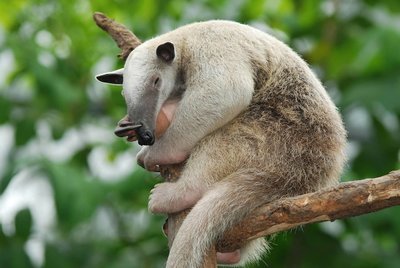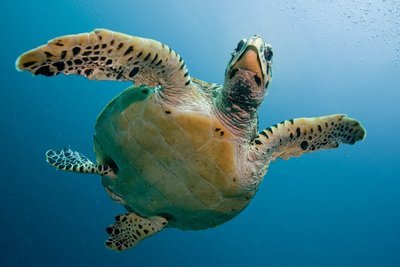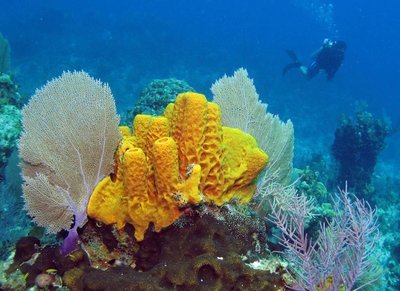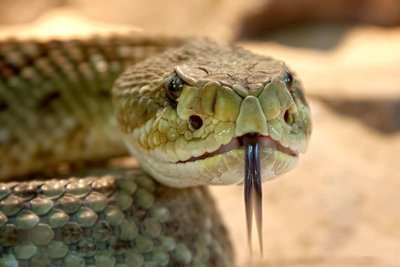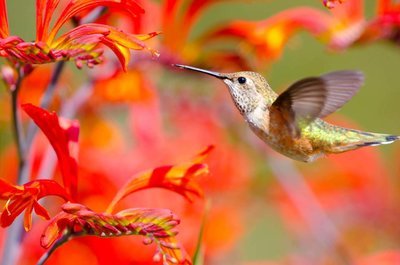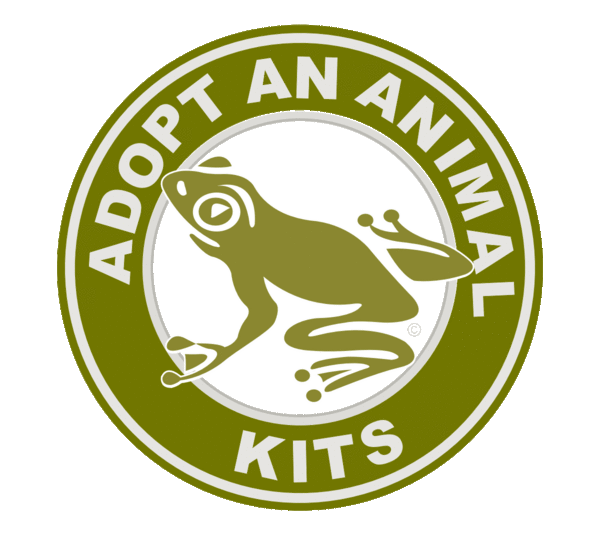

Adopt An Animal Kits
Adopt An Animal symbolically. Your Adopt An Animal Kit comes in a Deluxe Folder and includes: Glossy Photo of Your Adopted Animal; Adopt An Animal Adoption Certificate; Fact Sheet About Your Adopted Animal; Help Animals Info Cards Packed With Information On Animal Issues & How You Can Help Animals And The Environment. Adopt An Animal for Yourself or as a Gift.
Adopt A Giraffe
Adopt A Giraffe
Your Adopt A Giraffe Kit comes in a Deluxe Folder and includes:
- Glossy Photo Of Your Adopted Giraffe
- Adopt A Giraffe Adoption Certificate
- Fact Sheet About Your Adopted Giraffe
- Help Animals Info Cards Packed With Information On Animal Issues & How You Can Help Animals And The Environment
Adopt A Giraffe Kits make great gifts and can be sent directly to the recipient. Simply supply the recipient's name and mailing address as shipping information. We'll even include a letter stating the Adopt An Animal Kit is from you.
Adopt An Animal symbolic adoption is a one time fee. Adopt an animal for yourself or order an Adopt An Animal Kit as a gift. Help make a difference for animals - Adopt An Animal Today!
Adopt A Giraffe
Giraffes are one of the world's tallest mammals. They are well known for their long necks, long legs, and spotted patterns. Giraffes have small "horns" or knobs on top of their heads that grow to be about five inches long. These knobs are used to protect the head in fights.
Male giraffes are larger than females. Males weigh between 2,400 and 3,000 pounds and stand up to 19 feet tall. Female giraffes weigh between 1,600 and 2,600 pounds and grow to be 16 feet tall.
Giraffes can be found in central, eastern and southern Africa. They live in the savannas of Africa, where they roam freely among the tall trees, arid land, dense forests and open plains. Giraffe populations are relatively stable.
Their long necks help giraffes eat leaves from tall trees, typically acacia trees. If they need to, giraffes can go for several days without water. Instead of drinking, giraffes stay hydrated by the moisture from leaves.
Giraffes are non-territorial, social animals. They travel in large herds that are not organized in any way. Herds may consist of any combination of sexes or ages. Female giraffes typically give birth to one calf after a fifteen-month gestation period. During the first week of its life, the mother carefully guards her calf. Young giraffes are very vulnerable and cannot defend themselves. While mothers feed, the young are kept in small nursery groups.
Giraffes have spots covering their entire bodies, except their underbellies, with each giraffe having a unique pattern of spots. Giraffes have long necks, which they use to browse the leaves of trees. They also have slightly elongated forelegs, about 10% longer than their hind legs. Like nearly all mammals, a giraffe has seven neck vertebrae, which are extremely elongated. These bones produce bud like horns called ossicorns.
Modifications to the giraffe's structure have evolved, particularly to the circulatory system. A giraffe's heart, which can weigh up to 24 lb, has to generate around double the normal blood pressure for a large mammal in order to maintain blood flow to the brain against gravity. In the upper neck, a complex pressure regulation system called the rete mirabile prevents excess blood flow to the brain when the giraffe lowers its head to drink. Conversely, the blood vessels in the lower legs are under great pressure (because of the weight of fluid pressing down on them). In other animals such pressure would force the blood out through the capillary walls; giraffes, however, have a very tight sheath of thick skin over their lower limbs which maintains high extravascular pressure in exactly the same way as a pilot's suit.
Male giraffes determine female fertility by tasting the female's urine to detect estrus in a multi step process known as the Flehmen response. Giraffe gestation lasts between 14 and 15 months, after which a single calf is born. The mother gives birth standing up and the embryonic sack actually bursts when the baby falls to the ground. Within a few hours of being born, calves can run around and are indistinguishable from a week old calf; however, for the first two weeks, they spend most of their time lying down, guarded by the mother. While adult giraffes are too large to be attacked by most predators, the young can fall prey to lions, leopards, hyenas, and African Wild Dogs. It has been speculated that their characteristic spotted pattern provides a certain degree of camouflage. Only 25 to 50% of giraffe calves reach adulthood; the life expectancy is between 20 and 25 years in the wild and 28 years in captivity.
The giraffe browses on the twigs of trees, preferring plants of the Mimosa genus; but it appears that it can, without inconvenience, live on other vegetable food. A giraffe can eat 140 lb of leaves and twigs daily. The pace of the giraffe is an amble, though when pursued they can run extremely fast. They cannot sustain a lengthened chase. Their leg length compels an unusual gait with the left legs moving together followed by right (similar to pacing) at low speed, and the back legs crossing outside the front at high speed.
The giraffe defends itself against threats by kicking with great force. A single well placed kick of an adult giraffe can shatter a lion's skull or break its spine. The giraffe has one of the shortest sleep requirements of any mammal, which is between 20 minutes and two hours in a 24 hour period.
A giraffe will clean off any bugs that appear on their faces with an extremely long tongue (about 18 inches). The tongue is tough on account of the giraffe's diet, which includes thorns from the tree it is making a meal of. In Southern Africa, giraffes are partial to all acacias — especially Acacia erioloba — and possess a specially adapted tongue and lips that appear to be immune to the vicious thorns.
Giraffes are thought to be mute. However, recent research has shown evidence that the animal communicates at an infrasound level.
THREATS TO GIRAFFES
Giraffes are threatened by hunting for their meat, coat and tails. The tail is prized for good luck bracelets, fly whisks and string for sewing beads. The coat is used for shield coverings. Habitat destruction and fragmentation are also threats to giraffe populations.
Giraffes are also victims of captivity for human entertainment. Even under the best of circumstances, captivity is cruel for giraffes. Confined to tiny areas and gawked at by crowds, animals in exhibits endure constant stress. They may suffer from temperature extremes and irregular feeding and watering. Without exercise, they become listless, their immune systems are weakened, and they become prone to sickness; many resort to self-mutilation in reaction to stress or boredom. Mental illness is rampant among confined animals. Torn from their families and deprived of all dignity, every part of their lives is controlled by their captors.
While zoos and aquariums may appear to be educational and conservation-oriented, most are designed with the needs and desires of the visitors in mind, not the needs of the animals. Many animals in zoos and aquariums exhibit abnormal behavior as a result of being deprived of their natural environments and social structures. When the facility breeds too many animals they become "surplus" and often are sold to laboratories, traveling shows, shooting ranches, or to private individuals who may be unqualified to care for them.
Adopt Adopt An Animal Kits
Our Adopt An Animal Kits are educational packets that allow you to symbolically adopt a favorite animal species and contain a variety of information promoting the protection of wildlife, companion animals, farm animals and the environment. By purchasing a symbolic adoption kit you will receive a packet of information regarding daily choices you can make to help the earth and animals.
Your Adopt An Animal Kit comes in a Deluxe Folder and includes:
Glossy Photo Of Your Adopted AnimalAdopt An Animal Adoption CertificateFact Sheet About Your Adopted AnimalHelp Animals Info Cards Packed With Information On Animal Issues & How You Can Help Animals And The Environment.
Adopt an animal for yourself or order an Adopt An Animal Kit as a gift. Symbolically adopting an animal is the perfect gift for a loved one who loves animals, and helps to promote the compassionate treatment of animals and respect for the environment by offering information on how to help the earth and animals. Adopt An Animal Kits can be sent directly to the recipient: simply supply the recipient's name and mailing address as shipping information. We'll even include a letter stating the Adopt An Animal Kit is from you.
Adopt An Animal Kits is a small, independent business not affiliated with any other business, non profit or charitable organization.
Fast Shipping!
Shipping time for Adopt An Animal Kits averages 2 to 4 business days - USA. Allow additional time for Adopt An Animal Kits orders outside the USA. Your Adopt An Animal Packet will arrive approximately 2 to 4 business days following shipping date. Shipping for Adopt An Animal Kits within the USA is by U.S.P.S. Priority Mail.
INTERNATIONAL ORDERS: Average shipping time for Adopt An Animal Kits outside of the USA is 5 to 14 business days, including Canada. International Shipping & Handling for Adopt An Animal Kits is by U.S.P.S. First Class Mail.
About Us
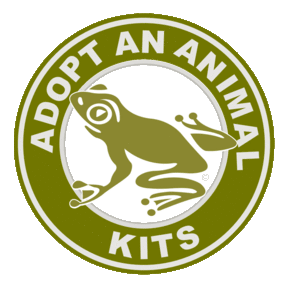
Adopt An Animal Kits, LLC
The world is teaming with an amazing diversity of animals. Some species are beautiful, others bizarre — but they all are important to the ecosystem and deserve our respect, compassion and protection. Unfortunately, many animal species are declining at a rapid rate as a result of irresponsible human activities. Habitat destruction, pollution, hunting, poor agricultural practices and changes in climate are among the threats faced by wildlife and domestic animals.
Adopt An Animal Kits, LLC is a small business who believes in promoting the advancement of compassionate living by educating the public about animal and environmental issues and what individuals can do to prevent cruelty to animals. Through our work, we strive to eliminate the prejudice of animals (speciesism) through educational efforts. Our business produces printed and printable educational materials available to individuals with an interest in earth and animal topics. Our Adopt An Animal Kits seek to educate and influence individuals on environmental and animal issues. The purchase of an Adopt An Animal Kit allows you to symbolically adopt your, or your loved one's, favorite animal species while promoting the protection of wildlife, companion animals, farm animals and the environment. Rather than adopting an indivdual animal, you are symbolicly adopting the species. Each kit contains a collection of information on how you or your loved one can make daily choices to help animals and the environment.
Our website provides an information portal regarding these issues. Information posted on the site is free of charge and available to anyone with an interest. Our printed and printable materials are available to individuals with an interest in earth and animal issues. We produce hundreds of fact sheets, flyers, and digital materials regarding environmental and animal issues. Most materials are available at no cost to anyone with an interest.
Adopt An Animal Kits, LLC is not a charitable or nonprofit organization.
